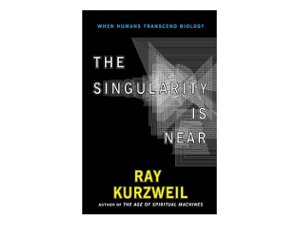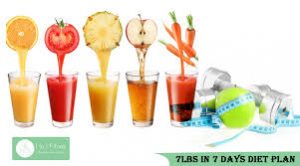How To Eat Healthy And Naturally Lose Weight
The trick to it is finding the correct balance, and also to understanding how many calories you need in order to function normally, and also where those calories are coming from. You need to understand how many calories are needed for your metabolism (the breaking up of foods), how many calories are needed by the muscles in order to move, etc, etc.
Once you understand the basic principles of nutrition, all of these factors and more can be easily controlled. Take an objective view of your current diet, and try and work out how many calories you actually consume on a daily basis - look for the food labels on the packets of the foods you eat.
Then ask yourself how many calories do I need to function normally on a daily basis? This will differ from person to person, and is dependent on factors such as weight, height, age and lifestyle. If in doubt, check with your GP.
Most people can achieve weight loss by making a few simple changes to their diet or exercise regime. Drastic changes to your diet or lifestyle can actually be more harmful than good, and often are completely unnecessary. In order to achieve your optimal weight, seek out information on nutrition, and consider the following tips:
- Eating bird-size portions all day long does NOT make you will lose weight - quite the contrary - it can actually seriously damage your metabolism in the long term. You will initially lose weight, but you will put it straight back on again when you start eating properly again. Also, you will have very little energy and your metabolism will slow to a crawl.
- Forget the non-fat craze. Some fats are vital for our well-being. Avoid saturated fats, which can stay in the body for a longer time, but some fats naturally burn more of the excess fat in your body.
- Forget the low-carb diets. Diets with no or low intake of carbohydrates can have horrible and devastating side-effects for your body. Once again, these are vital parts of our body's mechanism, and without them we cannot function properly. Side-effects can include headaches, fatigue and constipation.
- Throw the diet pills away. They don't work. Diet pills lower your appetite so you often do not get the necessary vitamins and minerals you need.
- Get educated! Understand more about the foods that you eat. It is not necessary to live on a diet consisting solely of lettuce and granola. There are many foods that can replace or even add to a normal diet that can help in a weight loss regime.
The most important thing is to not be drastic - don't throw away all the foods that you love, just enjoy them with a little more moderation. There are many great tasting nutritious foods available that can replace and enhance your existing diet.
Also remember there is no magic pill for weight loss. It doesn't happen overnight. If you want to get down to a size 10 in order for cousin Joe's wedding a week next Saturday, forget it. But you can lose weight over time, and at the same time have a healthy lifestyle that will give you loads of energy and make you feel great about yourself.
Related Articles
-
7 Instant But Safe Weight Loss Methods
Im sure youre aware that the leading factors to any genuine weight lo
-
Exposing Easy Tricks To Weight Loss
A lot of individuals want to shed bodyweight. They tried many methods
-
Simple Strategies On How To Lose Weight
TIP! A good way to lose some weight is to go for an outdoor h
-
Lose Weight For Good With These Simple Methods
TIP! Fitness is an important factor in weight loss. It is recomm
-
How Your iPhone Can Help You Lose Weight
It’s good advice you’ve heard before: When you’re trying to lose weigh
-
4 Simple Ways To Declutter Your Living Room For Good
Adapted from Cut the Clutter Drop the Pounds by Peter Walsh.
- DON'T MISS
- The Easy Side Of Weight Loss
- You Heart It! Have A Lovely Wedding Ceremony With These Tips
- Choosing The Right Weight Loss Clinic
- How To Lose Weight and Not Your Mind!
- The Most Effective Weight Loss Tips
- Great Ways To Build A Weight Loss Strategy That Works
- Where to Find Weight Loss Support
- Find Out Your Ideal Weight According To Your Body Shape, Height And Age
- Weight loss tip #138: Don’t stock foods that tempt you
- Fashion Tips To Make You Look Like A Trendsetter




